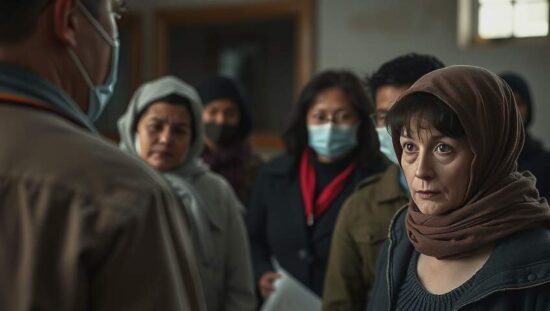The German Red Cross is issuing a stark warning regarding the nation’s preparedness for major crises or armed conflict, citing significant deficiencies across multiple critical areas. Generalsekretär Christian Reuter, in comments to the Süddeutsche Zeitung, expressed concern that “the population is scarcely protected in the event of a crisis.
The Red Cross anticipates shortages in numerous sectors, ranging from functional fallout shelters to essential crisis supplies, hospital capacity and vital medications, particularly antibiotics. Reuter emphasized a fundamental lack of resources required to effectively aid citizens during a major incident, stating that effective support mechanisms are largely absent. He argues that the shift in geopolitical realities-often referred to as a ” Zeitenwende”-has not yet translated into adequate civilian protection measures.
This warning is being issued as ongoing budget negotiations proceed within the German government’s coalition. Reference is made to the Federal Defence Force’s white paper which stipulates the state’s responsibility to accommodate and provide for between 800,000 and 1.6 million citizens. However, current infrastructure and capacity are reportedly only capable of supporting a fraction of that number – approximately tens of thousands. The Red Cross asserts that planned funding is insufficient to address this critical shortfall. Reuter specifically calls for an annual budget allocation of €2.5 billion for civilian protection, contrasting this with the currently planned amount of just half that figure for 2025, which he deems “unacceptable.
Particular concern is being raised about the condition of Germany’s healthcare system, already strained under normal circumstances. The organization believes the country is entirely unprepared for a large-scale crisis, referencing Bundeswehr scenarios projecting an additional 1,000 casualties per day requiring immediate medical attention. This necessitates the availability of 10,000 to 20,000 hospital beds reserved specifically for crisis and conflict situations, even if initially unoccupied.
To proactively address these vulnerabilities, the Red Cross is developing a pool of 2,000 specialists – including nurses, doctors and technicians – undergoing targeted training for deployment in armed conflicts and other major crises. This reserve force is slated to be fully operational by 2029.





